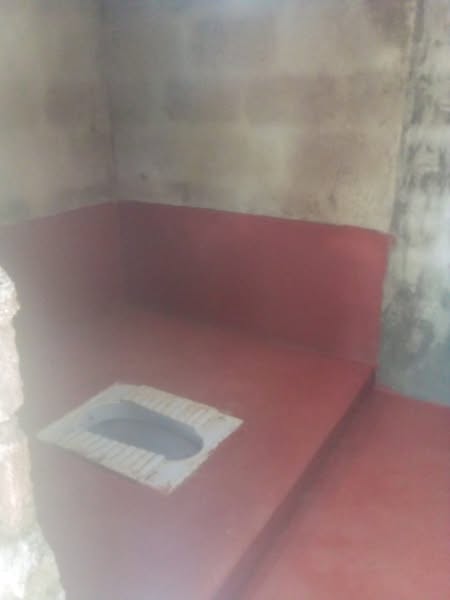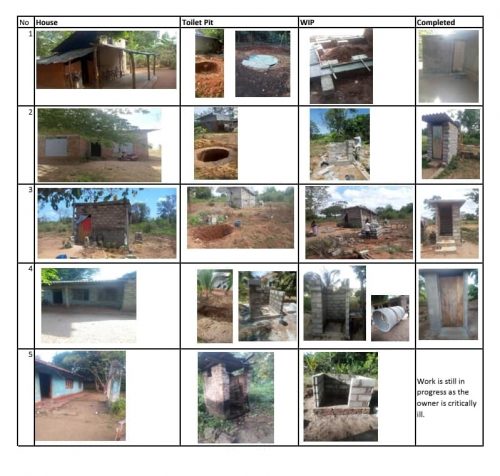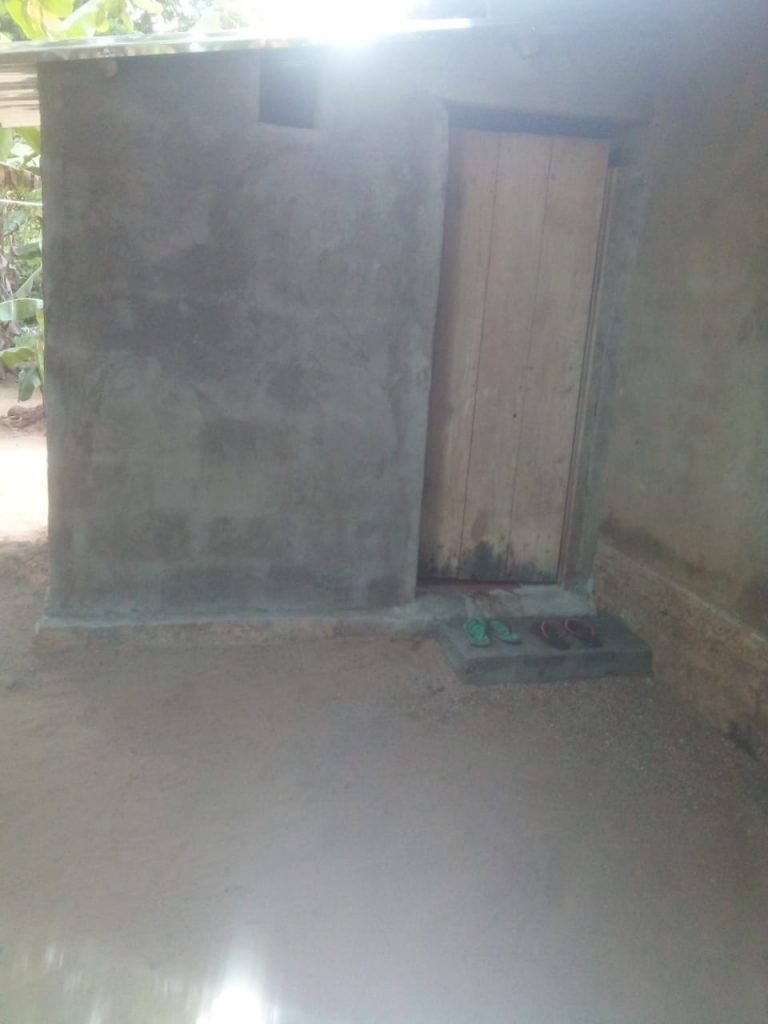
Addressing Open Defecation in Sri Lanka



Addressing Open Defecation in Sri Lanka
According to Sri Lankan health data, less than 1% of the country’s 22 million people defecate in the open. This translates to between 50,000 and 75,000 individuals. Despite Sri Lanka’s claim of achieving 100% toilet hygiene, certain areas, such as plantations, rural regions, and urban slums, still face challenges.
In many rural areas, children often use toilets in neighbouring houses or at school. Building a toilet is not overly difficult, but it must meet safety, hygiene, privacy, and usability standards. Regardless of the context, a person should be able to use the toilet with the door closed and without spreading germs.
Personal Experiences
Reflecting on my own experiences, I recall several incidents related to toilets. In 1985, when I was in primary school, both boys and girls used a communal toilet. These toilets were not watertight, and I remember a time when a classmate fell into one of the large, unsafe holes. I ran to inform the teacher, which was one of my proudest moments in school.
By 2015, things had improved, and separate toilets for boys and girls became standard. However, girls still face challenges, as they need to use the toilet alone for privacy.
Our Efforts at Kedaenakitunu Lake
For over two and a half years, we have supported the children at Kedaenakitunu Lake through a food program. After the government took over the program, we connected the school with other initiatives. The school eagerly participates in our online English classes and has achieved excellent scholarship results.
Each year, we provide books, bags, shoes, and socks to the children. We also support their annual field trips, chicken egg projects, and solar power initiatives.
A New Project
Ayooma and Sumal identified a critical need and initiated a project to build toilets for five families without proper facilities. They visited the site and ensured the project’s success. Although they prefer to remain anonymous, their efforts are commendable.
Motivating the village to contribute labour for these projects is essential. Building a toilet is a significant task for a family, but it is necessary. Sumal has shared insights on constructing low-cost toilets, and I can connect with anyone interested in learning more.
Conclusion
Thanks to Ayooma and Sumal, the children at the school now have safe and hygienic toilets. Their silent yet impactful work deserves recognition. If you come across their project, consider replicating it to help reduce open defecation in Sri Lanka.



